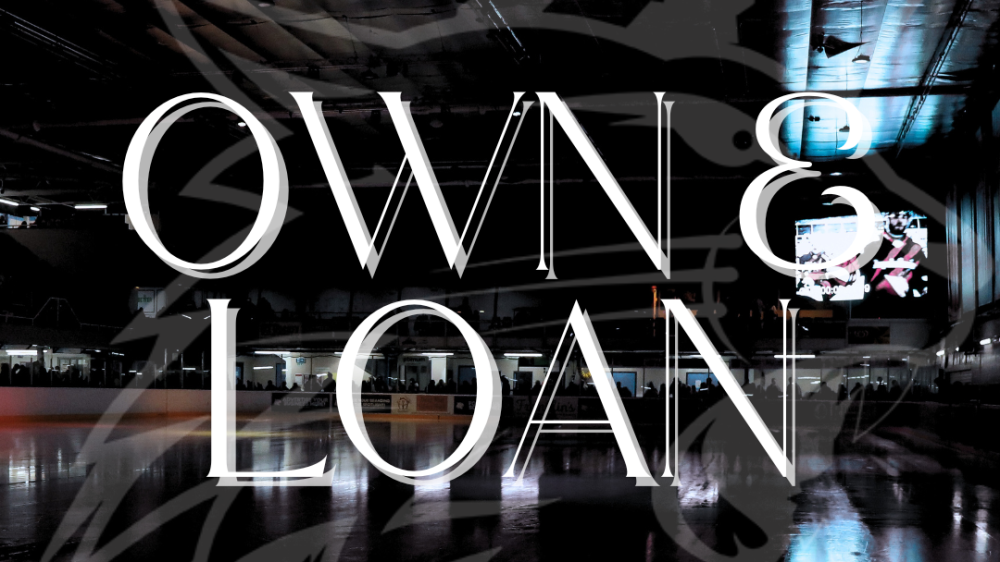Horse racing is a sport steeped in tradition, rituals, and superstitions. While jockeys are known for their skill, bravery, and strategic prowess on the track, many also harbour superstitions that they believe can influence their performance and luck.
This may not only affect jockeys but also horse racing bettors who are looking for possible ways in which the outcome of an event can be affected. There are so many aspects of a race that can affect the outcome, for example more logical and scientific reasonings, however for some, a simple feeling or superstition can impact their decision making when taking a punt on the latest Cheltenham festival odds.
Lucky Colours and Silks
Many jockeys have specific superstitions regarding the colours and patterns of their racing silks. Some believe that wearing certain colours can bring luck or ward off misfortune.
For example, some jockeys may refuse to wear green, as it is considered unlucky in horse racing folklore. Others may prefer bold, vibrant colours that evoke confidence and positivity.
Lucky Charms and Talismans
Like athletes in other sports, jockeys often carry lucky charms or talismans with them during races. These items can range from small trinkets to religious symbols.
Some jockeys may carry a lucky coin, a horseshoe, or a religious medal for protection and good fortune. Others may have personal items or mementos that hold sentimental value and serve as sources of inspiration.
Pre-Race Rituals and Routines
Before each race, many jockeys have specific rituals and routines that they follow religiously. These rituals may include a series of superstitions aimed at preparing mentally and physically for the upcoming challenge.
Some jockeys perform certain gestures or routines, such as tapping their helmet or touching their boots, to bring luck and focus their concentration. Others may recite prayers or affirmations to channel positive energy and confidence.
Avoiding Certain Numbers or Symbols
Superstitions surrounding numbers and symbols are common among jockeys. Some may avoid certain numbers, such as 13, which is considered unlucky in many cultures.
Similarly, jockeys may avoid stepping on cracks or lines on the track, believing that doing so could bring bad luck or jinx their performance. These superstitions may seem trivial to outsiders but hold significant meaning for the jockeys who adhere to them.
Post-Race Superstitions
Even after the race is over, many jockeys continue to observe superstitions in their post-race routines. Some may have specific rituals for celebrating a victory or commiserating a loss.
For example, a jockey who wins a race may perform the same celebratory gesture or ritual after every victory, believing that it will bring continued success. Conversely, a jockey who loses may have rituals aimed at dispelling bad luck or negativity.
Conclusion
The superstitions of jockeys in horse racing provide a fascinating glimpse into the traditions and rituals that permeate the sport. While some may dismiss these superstitions as mere quirks or eccentricities, for jockeys, they are deeply ingrained beliefs that shape their approach to racing and their connection to the horses they ride. Whether it's wearing lucky colours, carrying talismans, or performing pre-race rituals, these superstitions are an integral part of the rich tapestry of horse racing culture.







